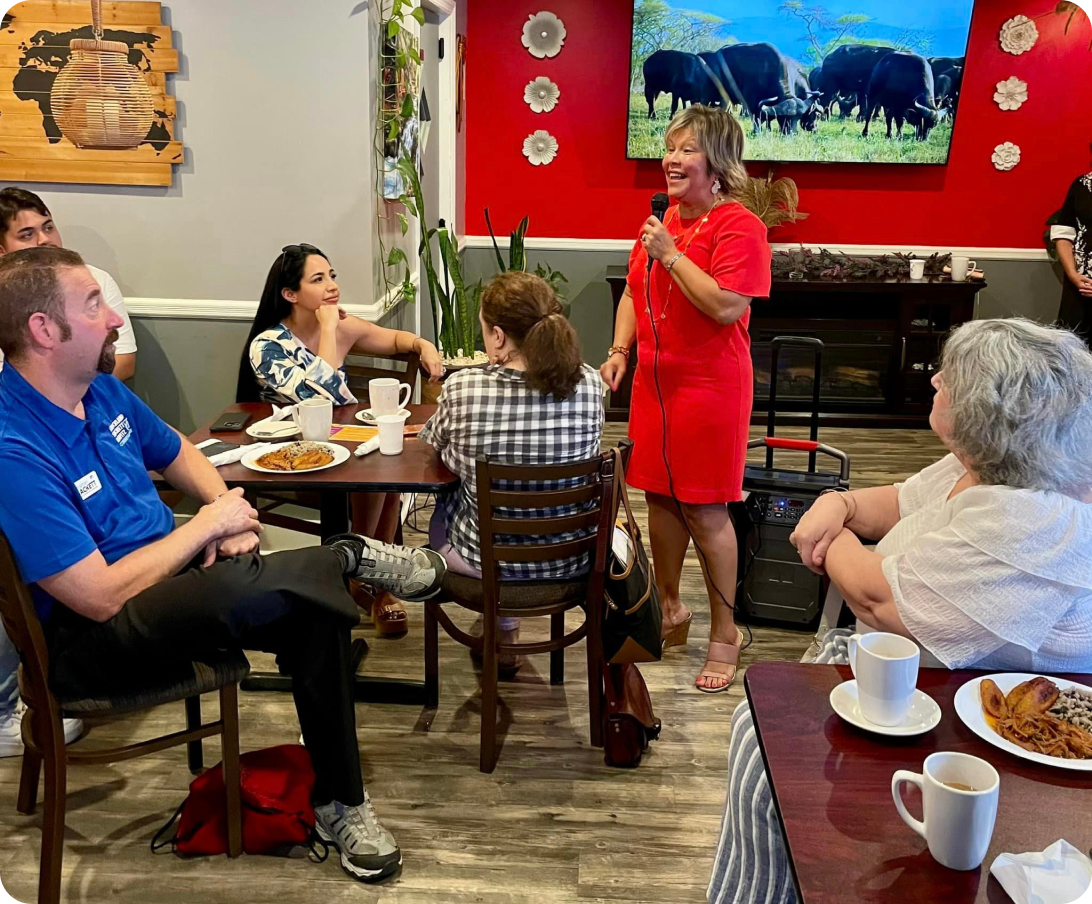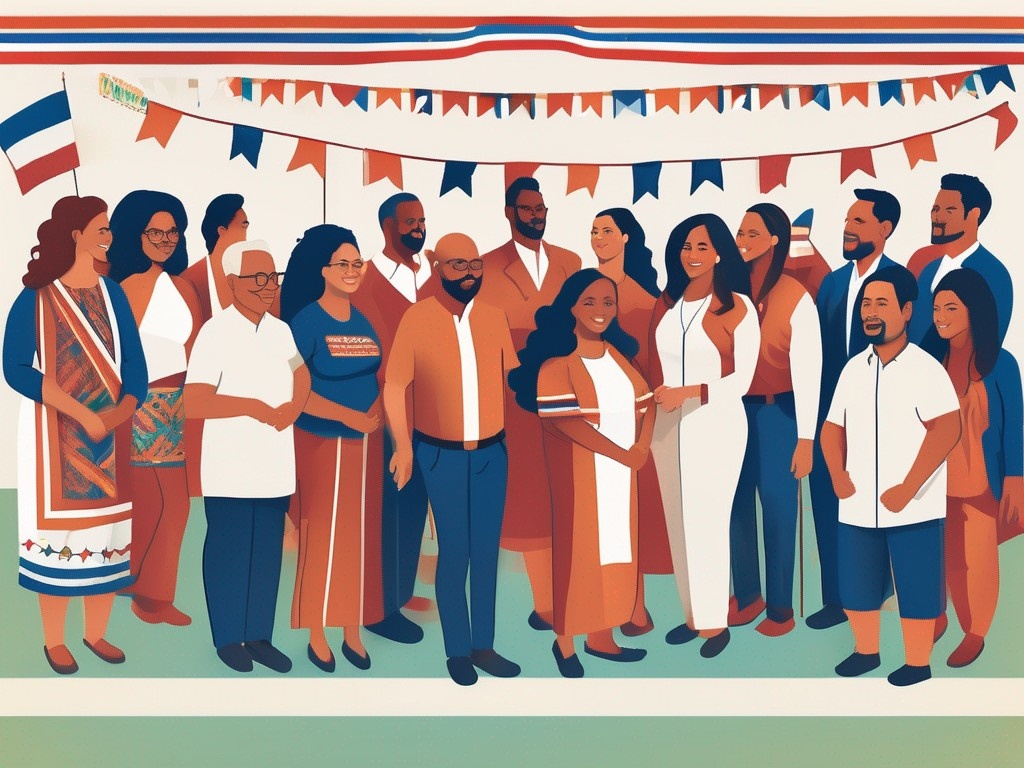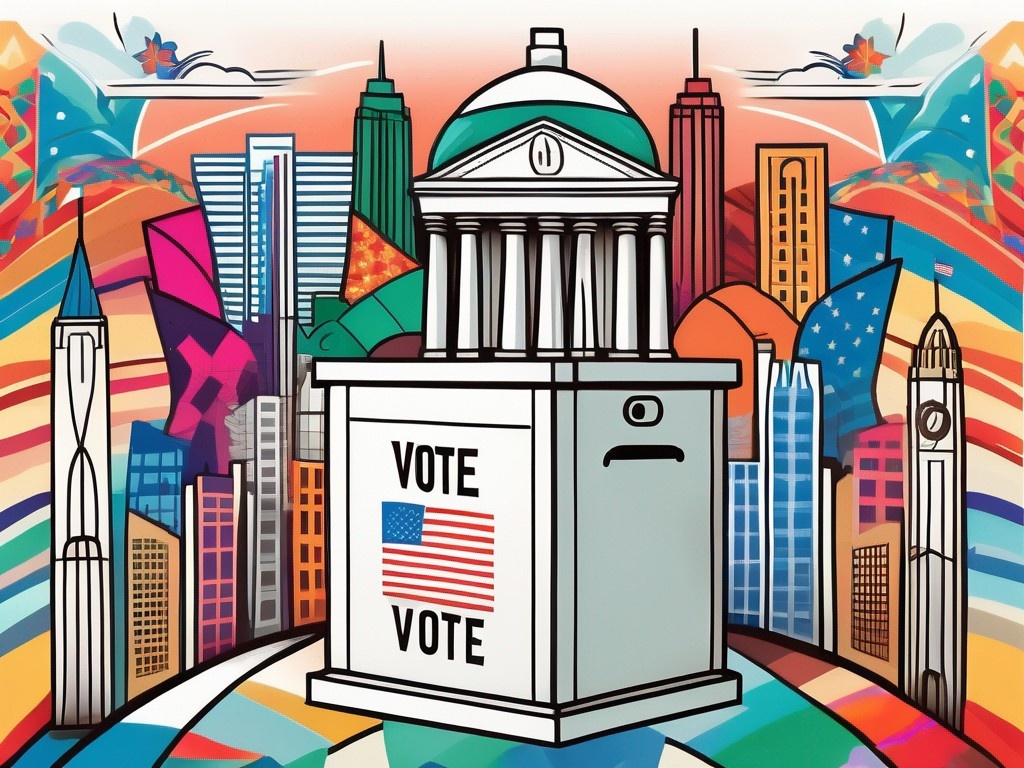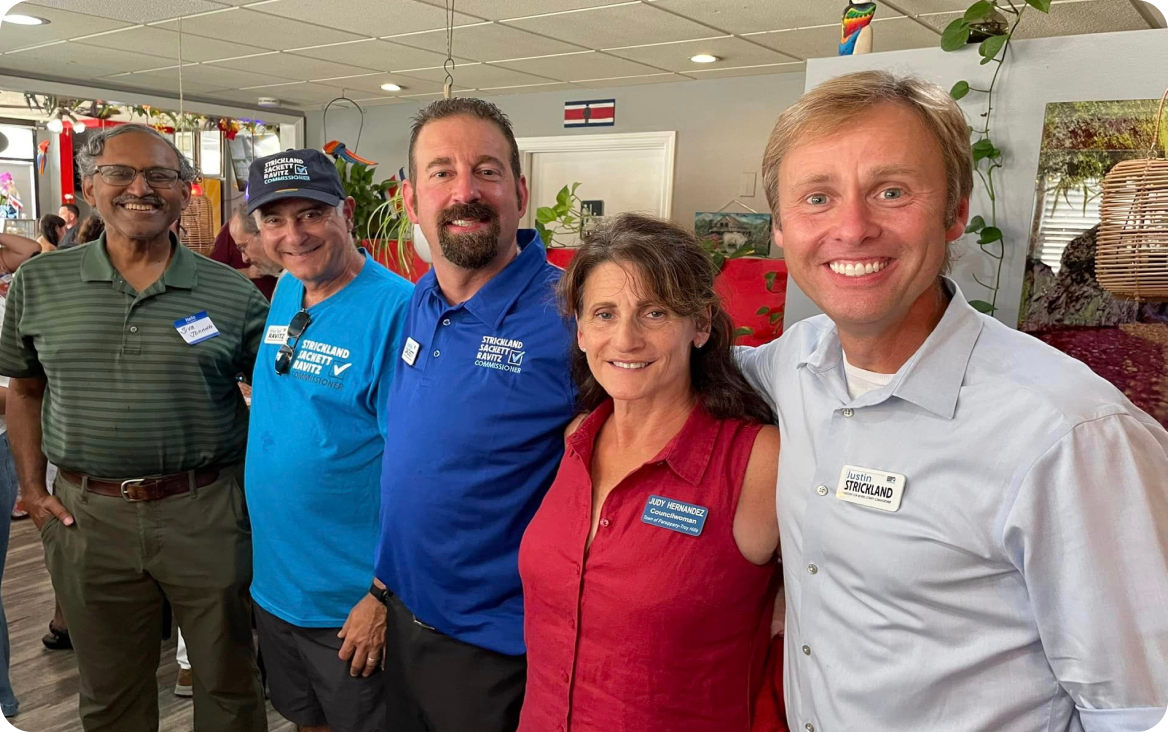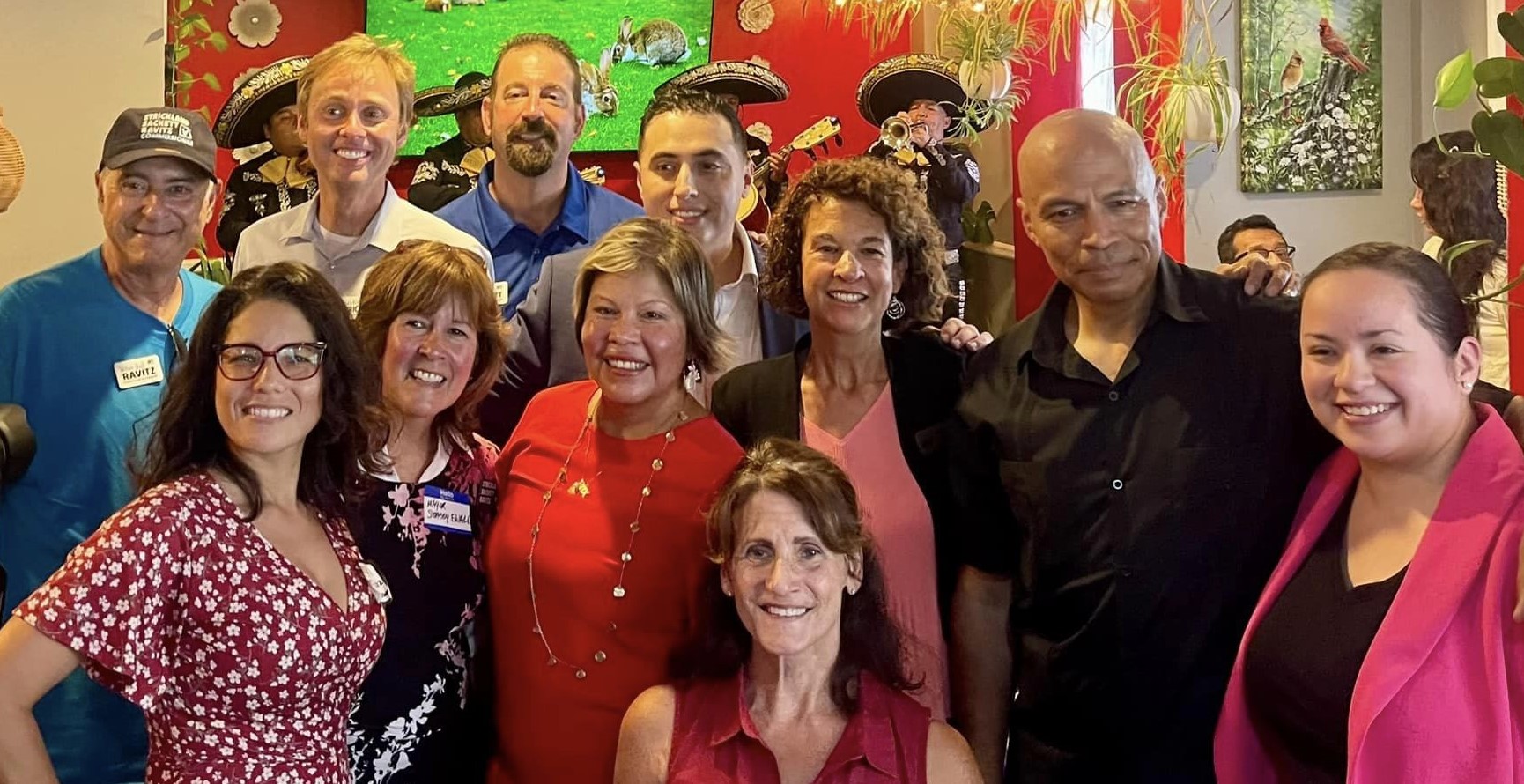Understanding Civic Participation
The Concept of Civic Participation
Civic participation refers to the ways in which individuals engage in the social and political life of their communities. It encompasses a range of activities, from voting and attending community meetings to volunteering for local organizations and advocating for public issues. The essence of civic participation is rooted in the idea that individuals play a vital role in shaping the policies and practices that affect their lives.
For Latinos in New Jersey, civic participation can take on unique characteristics that reflect their cultural values, experiences, and the challenges they face. Engaging in civic activities not only empowers individuals but also fosters community cohesion, enabling Latinos to voice their needs and aspirations collectively. This engagement can manifest in various forms, such as organizing cultural events that celebrate heritage while simultaneously addressing local issues, thereby creating a bridge between cultural identity and civic responsibility.
Why Civic Participation Matters
The importance of civic participation cannot be overstated. It forms the backbone of a functioning democracy and ensures that diverse voices are heard in the political arena. When communities are active participants in civic life, they help to hold elected officials accountable and drive change that benefits everyone.
Moreover, civic engagement enhances the sense of belonging among community members. For Latinos in New Jersey, active participation can lead to greater representation in government, improved services, and policies that reflect their needs. Thus, fostering a culture of civic participation is crucial in bridging the gap between the Latino community and local governance. Additionally, the act of participating in civic life can serve as a powerful tool for education, as individuals learn about their rights, the political process, and the importance of advocacy. This knowledge not only empowers them but also equips them to educate others in their community, creating a ripple effect that strengthens civic engagement across generations.
The Latino Community in New Jersey
Demographics and Influence
The Latino community in New Jersey is a vibrant and growing demographic. According to recent statistics, Latinos make up over 20% of the state’s population. This community is diverse, encompassing Puerto Ricans, Dominicans, Mexicans, Colombians, and many others, each contributing to New Jersey’s rich cultural mosaic. The cultural influence of the Latino community is evident in various aspects of daily life, from the culinary scene featuring authentic dishes like mofongo and tacos to vibrant festivals celebrating heritage, such as Club Colombia’s Independence Day Festival in Dover. These events not only showcase the community’s traditions but also foster unity and pride among members.
This demographic shift has significant implications for local politics. As the population grows, so does the potential influence of Latino voters. However, this influence is contingent upon the community’s active participation in the electoral process and civic life. Understanding the diversity within the Latino community is essential to harnessing their collective power effectively. Organizations such as the Latino Action Network have been pivotal in mobilizing voters and advocating for policies that address the unique needs of Latino residents, ensuring their voices are heard in the political arena.
Challenges Faced by the Latino Community
Despite their growing numbers, Latinos in New Jersey face numerous challenges that can hinder civic participation. Language barriers, socioeconomic disparities, and immigration status often pose significant obstacles. Many Latino individuals may feel disenfranchised due to historical marginalization and distrust of governmental institutions. This sense of alienation can be exacerbated by negative portrayals in the media and political rhetoric, which often overlook the contributions and struggles of Latino communities.
Additionally, a lack of access to information about civic rights and opportunities can further discourage participation. These challenges underscore the need for targeted initiatives that not only inform but also empower the Latino community to engage in civic activities confidently. Community organizations are stepping up to bridge this gap by offering workshops, resources, and mentorship programs aimed at educating individuals about their rights and the importance of voting. By fostering a sense of belonging and encouraging grassroots activism, these initiatives play a crucial role in strengthening the community’s voice and presence in New Jersey’s political landscape.
The Current State of Latino Civic Participation in NJ
Voter Turnout and Political Engagement
Voter turnout among Latinos in New Jersey has seen fluctuations in recent elections. While there is potential for significant influence, many within the community remain disengaged from the electoral process. Factors contributing to low voter turnout include misinformation, apathy, and barriers to registration. Moreover, language barriers and a lack of accessible information about the voting process can further complicate participation for many Latino voters, particularly among recent immigrants who may not be familiar with the electoral system in the U.S.
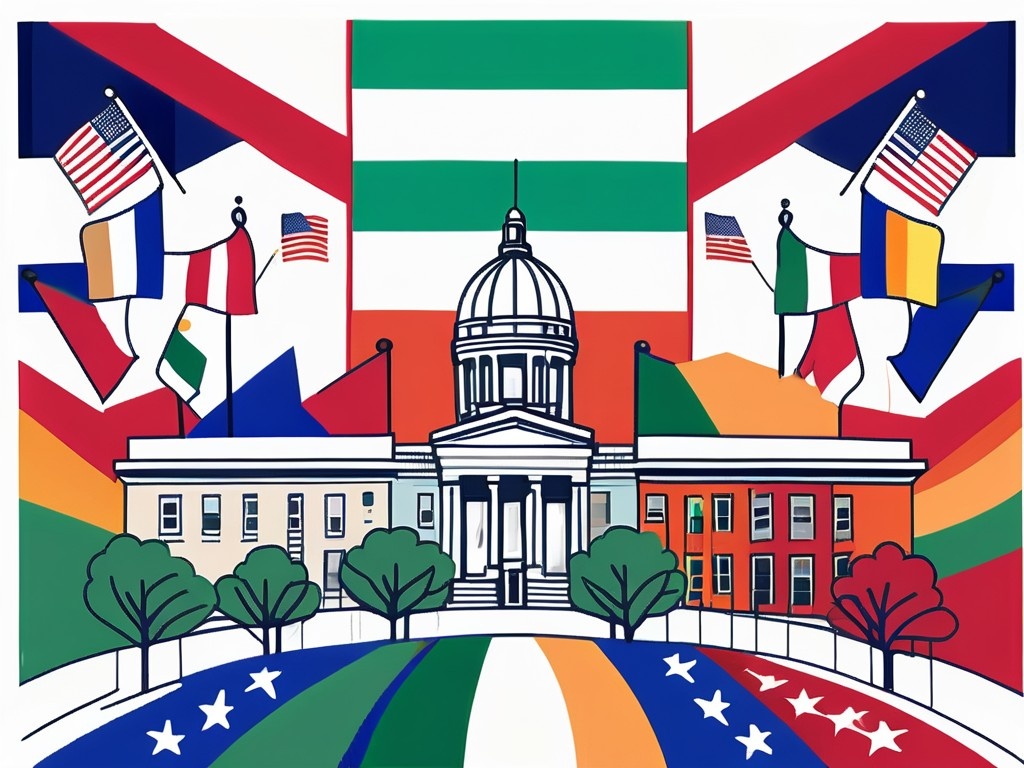
Political engagement extends beyond voting; it also includes participation in town halls, advocacy groups, and community boards. Efforts to mobilize Latino voters must address these multifaceted issues, focusing on education and outreach to foster a more engaged electorate. Initiatives that provide bilingual resources and culturally relevant information can empower individuals to become more informed about their rights and the importance of their vote. Additionally, mentorship programs that connect seasoned voters with first-time voters can help demystify the voting process and encourage greater participation.
Community Involvement and Volunteerism
In addition to voting, Latino communities actively participate in various forms of civic engagement, including volunteerism and community service. Organizations like the League of Women Voters and local churches often serve as catalysts for involvement. These organizations not only provide a platform for civic engagement but also create a sense of belonging and solidarity within the community, which is essential for fostering long-term commitment to civic duties.
Volunteerism not only nurtures community bonds but also enhances the visibility of Latino voices in local decision-making processes. Whether it’s through organizing cultural events or participating in advocacy campaigns, these activities reflect a commitment to improving the community and showcasing the vibrancy of Latino culture. Additionally, many Latino-led organizations are increasingly focusing on issues such as immigration reform, education equity, and healthcare access, which resonate deeply with the community. This grassroots activism not only empowers individuals but also signals to policymakers the importance of addressing the unique challenges faced by Latino residents in New Jersey, ultimately leading to a more inclusive and representative political landscape.
The Impact of Latino Civic Participation on Local Politics
Representation in Local Government
Latino civic participation is paramount in achieving greater representation in local government. As more Latinos engage in the political process, they have the opportunity to run for office and influence policy decisions that directly impact their communities.
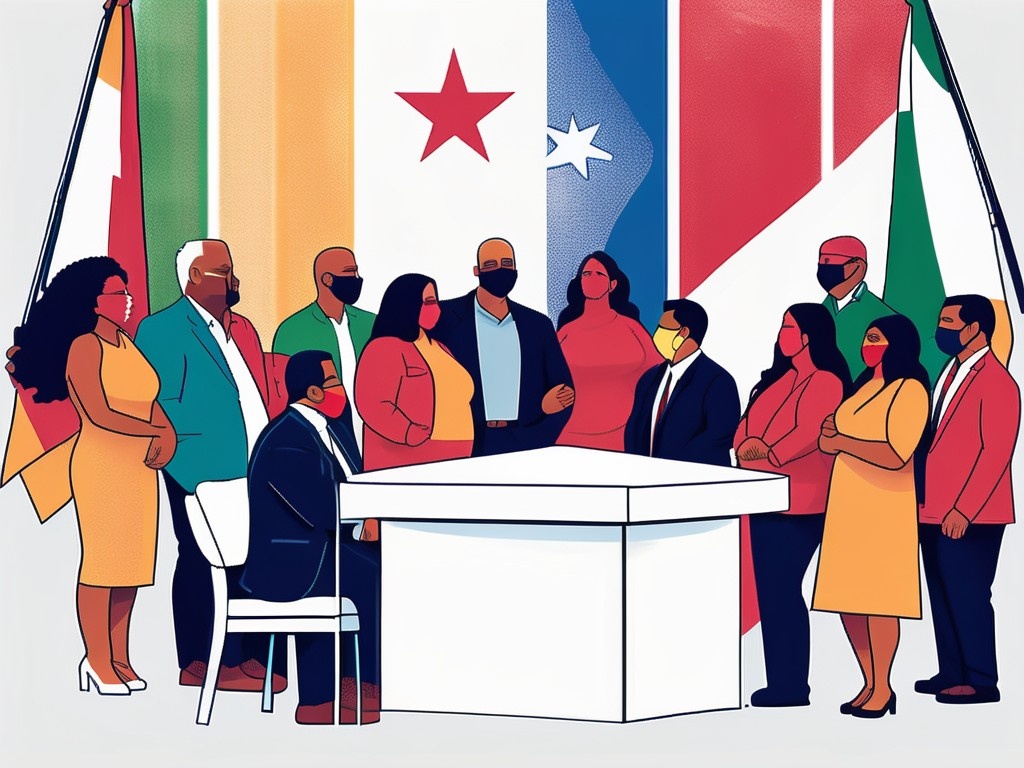
The representation of Latinos in government leads to the development of policies that are more inclusive and responsive to the community’s needs. It is essential for local governments to mirror the demographics of the population they serve, thereby ensuring that diverse perspectives are integrated into governance. This representation not only fosters trust between the government and the community but also encourages civic engagement among younger generations, who see role models in elected officials that reflect their own backgrounds and experiences. When local governments prioritize diversity, they can better address systemic inequalities and work towards equitable solutions for all constituents.
Policy Changes and Advocacy
Active engagement from the Latino community also drives significant policy changes. Advocacy efforts can address a wide range of issues, including immigration reform, education equity, healthcare access, and labor rights. When Latinos come together to advocate for these issues, they amplify their collective voice, making it harder for policymakers to overlook their needs.
Successful campaigns often result in tangible changes in legislation and community programs, creating a ripple effect that benefits not only Latinos but the broader population as well. Advocacy training and community organizing are essential tools for fostering a generation of civic-minded leaders. Furthermore, grassroots movements led by Latino organizations have been instrumental in raising awareness about critical issues such as environmental justice and housing affordability, which disproportionately affect Latino neighborhoods. These movements not only mobilize community members but also build coalitions with other marginalized groups, demonstrating the power of solidarity in advocating for comprehensive policy reform. By fostering a culture of civic engagement, Latino communities are not just shaping their own futures but also contributing to a more just and equitable society for everyone.
Ways to Encourage Greater Civic Participation
Education and Awareness Campaigns
One of the most effective ways to boost civic participation among Latinos is through education and awareness campaigns. These initiatives can provide information about civic rights, the importance of voting, and the various channels through which individuals can engage civically.
Collaborating with local organizations, schools, and community leaders to disseminate this information can create a more informed electorate. Workshops, community forums, and social media campaigns can serve as powerful tools to mobilize Latinos and enhance their understanding of the political process.
Building Trust with Local Government
Building trust between the Latino community and local government is crucial for fostering greater civic participation. Initiatives that bridge the gap between officials and constituents can help create a more inclusive environment. Open-door policies, community meetings, and culturally sensitive outreach efforts can encourage dialogue and collaboration.
When members of the Latino community feel heard and valued, they are more likely to engage in civic activities. Encouragingly, many local governments are beginning to adopt these practices, recognizing the importance of inclusivity for effective governance.
In conclusion, the importance of civic participation among Latinos in New Jersey cannot be underestimated. By understanding the challenges and intricacies of this engagement, we can foster a vibrant democratic process that benefits all members of the community.



